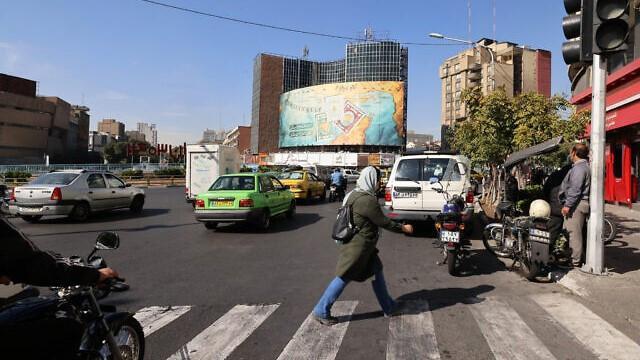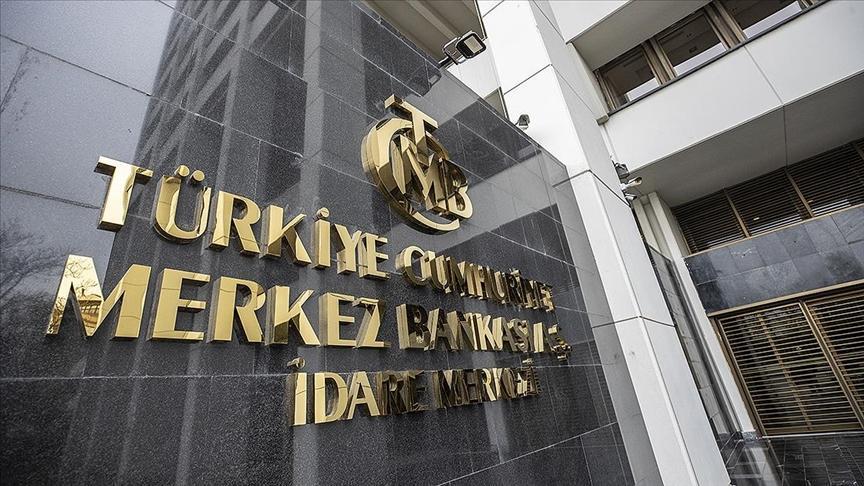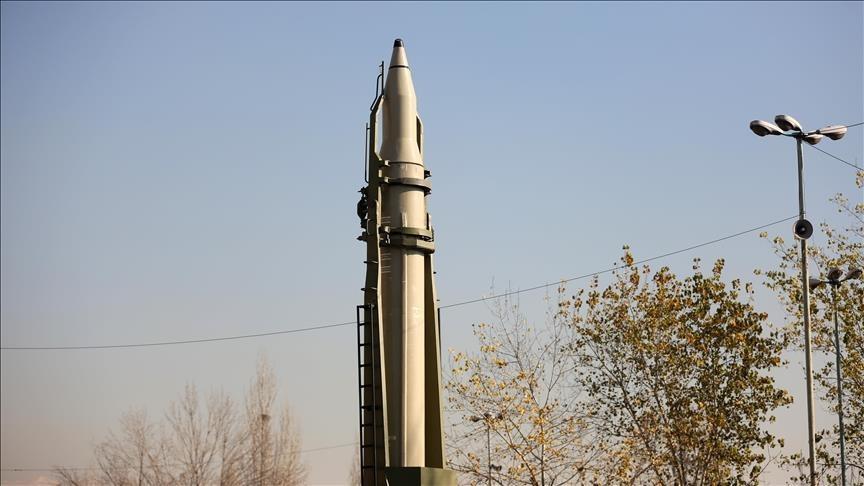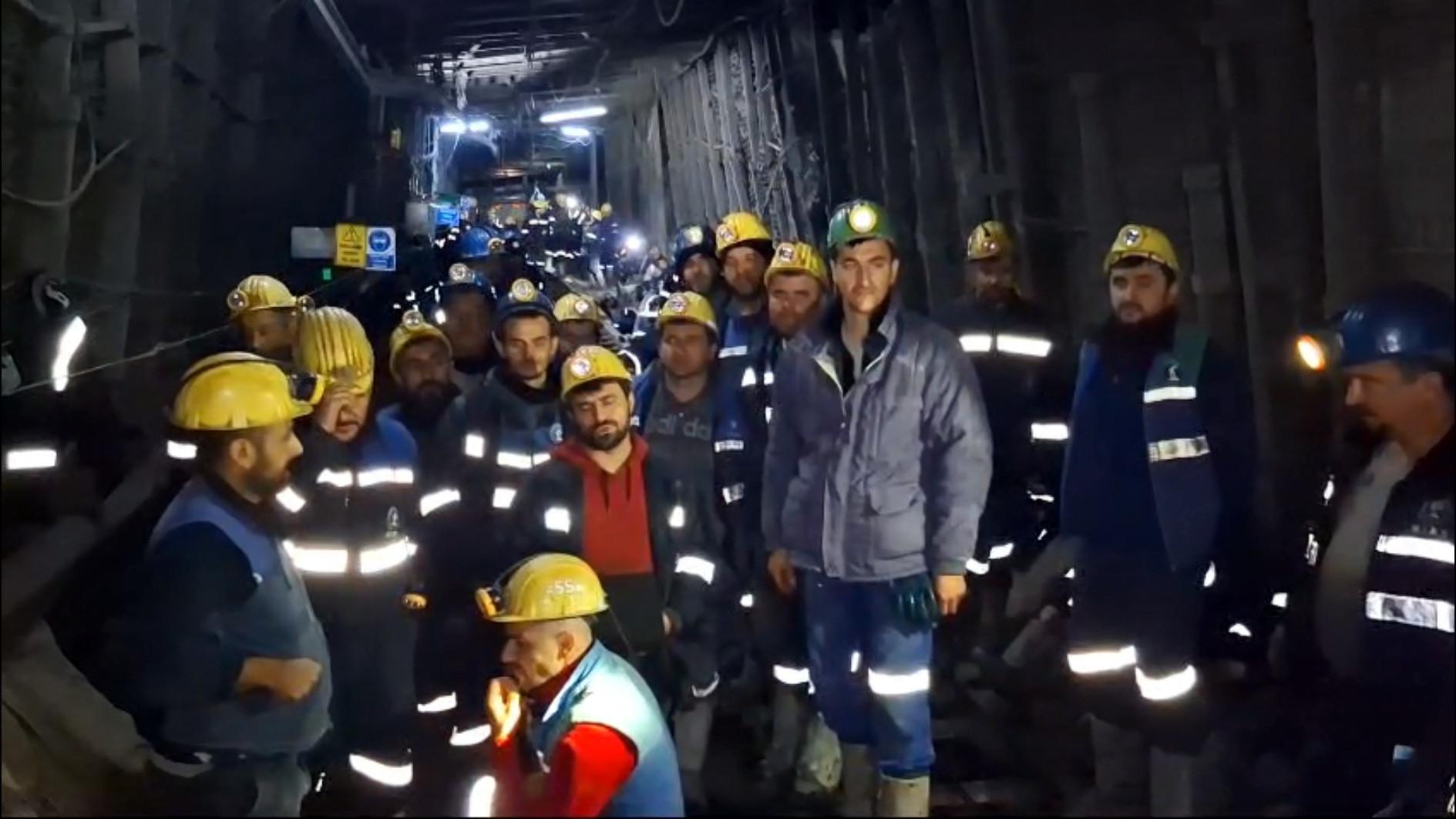US military delegation to visit Ankara to continue safe zone talks
Sevil Erkuş - ANKARA
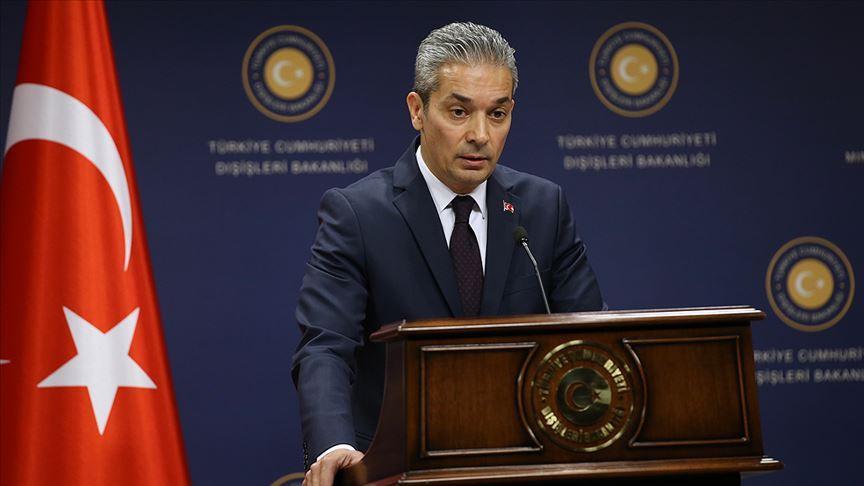
Foreign Ministry Spokesman Hami Aksoy said on Aug. 2 that the U.S. military will hold talks in Ankara next week on creating a possible safe zone in northern Syria. Previous proposals of the U.S. side were not accepted by Ankara, Aksoy said, noting that they expect new offers from Washington.
“If we cannot meet at a common point with the United States, we will have to create a safe zone by ourselves,” he said at a press conference.
All aspects of the safe zone and the Syrian conflict have been discussed during recent visits to Turkey by James Jeffrey, the U.S. envoy for Syria engagement, but the U.S proposal for the zone was not accepted by Turkey, he said.
“The offer by the U.S. side is not enough to meet our legitimate security concerns,” Aksoy stated.
“We won’t let this process be dragged out. If our expectations aren’t met, we are fully capable of taking whatever measures [are needed] to ensure our national security,” he said.
Aksoy warned that Turkey’s patience is limited. “Negotiations will not continue forever. If we understand that our expectations are not met, we will take the necessary steps in the safe zone,” the spokesperson underlined. Ankara cannot accept any distraction as happened in talks for the Manbij road map, he said, referring to a deal which envisaged to remove the YPG group from the northeastern Syrian town. Turkey expects the creation of a 32-kilometer (20-mile) safe zone in northern Syria, giving Turkey control of this region, which must be cleared of the terrorist groups PYD/YPG, Syrian branches of the PKK.
However, the U.S. proposal envisages an average of 10 kilometers of depth, avoiding a fill control of Turkish military, rather offering joint patrols similar to the one in Manbij model.
Disagreements over the scope of a safe zone in northeastern Syria and other issues are preventing its implementation, U.S. President Donald Trump’s envoy said on Aug. 2.
“The Turks want a deeper zone than the one that we think makes sense,” Jeffrey told reporters at the State Department, noting Washington proposed an area of some 5-14 kilometers along the Syrian border with heavy weapons pulled further back. He further cited unspecified “differences of opinion” over how the United States and Turkey “would operate in that zone”.
“We think that this is a deal we can sell to the people of northeast Syria. That’s very important,” he said. Jeffrey added that U.S. officials are mindful of Turkish security concerns with regards to the “PKK and offshoots of the PKK” but is “equally” committed to protecting the main U.S. partner in northeast Syria from coming under attack.
“We are committed to those who have fought with us not being attacked and not being harmed by anyone,” Jeffrey said. “That includes our concerns about the Turks.”
The United States has primarily partnered with the SDF umbrella organization in northeastern Syria in the anti-ISIL fight. The SDF is led by the YPG, the Syrian branch of the PKK, a designated terrorist organization in the United States and Turkey.


